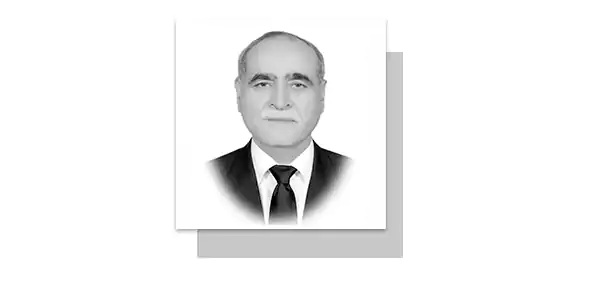TWENTY-six years have passed since Pakistan became a nuclear power on May 28, 1998. Prime Minister Muhammad Nawaz Sharif defied international pressure and rejected billions of dollars in aid from the United States, opting instead to detonate six nuclear bombs in response to India’s five nuclear blasts. This historic event, known as “Yum Takbeer,” not only restored the regional balance of power but also made Pakistan the seventh nuclear power in the world and the first in the Islamic world.
India had initiated the nuclear arms race in the region in 1974, and Pakistan, despite its limited resources, was determined to follow suit. The late Prime Minister Zulfikar Ali Bhutto had envisioned a nuclear Pakistan, and successive leaders, including General Ziaul Haq and Benazir Bhutto, had worked towards achieving this goal. Muhammad Nawaz Sharif’s courageous decision to conduct nuclear tests in 1998 was a culmination of this resolve.
At that time, many companions were afraid to take this step, and even the army chief was not fully supportive, fearing international backlash and economic constraints. However, Nawaz Sharif took a bold decision, driven by his unwavering commitment to Pakistan’s security and sovereignty. He demonstrated remarkable willpower and leadership, defying the odds and silencing the critics.
Today, as we commemorate the 26th anniversary of Pakistan’s nuclear power status, we remember the sacrifices and contributions of our scientists, led by Dr. Abdul Qadir Khan, who toiled tirelessly to make this dream a reality. We also recall the unwavering commitment of Muhammad Nawaz Sharif, who braved international pressure and opposition to make Pakistan a nuclear power.
Ironically, the very leaders who had championed Pakistan’s nuclear program were later subjected to persecution and injustice. Zulfikar Ali Bhutto was hanged, while Dr. Abdul Qadir Khan was left to live a life of obscurity. Muhammad Nawaz Sharif, who had defied the world to make Pakistan a nuclear power, was ousted from power, arrested, and exiled.
Despite these challenges, Pakistan has continued to thrive, thanks to the vision and leadership of Muhammad Nawaz Sharif. His government’s achievements, including the Pakistan-China Economic Corridor (CPEC), the overcoming of the energy crisis, and the development of infrastructure projects like motorways and metro lines, have transformed Pakistan.
As we celebrate Takbeer Day, we must also acknowledge the struggles of Muhammad Nawaz Sharif, who has been subjected to political vendetta and judicial persecution. His unwavering commitment to democracy and the rule of law has earned him the respect and admiration of the people.
Today, under the leadership of Prime Minister Shehbaz Sharif, Pakistan is once again on the path to progress and prosperity. The inauguration of new projects and initiatives is a testament to the PML-N’s commitment to the country’s development. As we move forward, we must remember the sacrifices of our leaders and scientists who have made Pakistan a nuclear power and a proud nation. Long live Pakistan!
—The writer is a Supreme Court lawyer and former member & Chairman Standing Committee of Azad Jammu and Kashmir Council. Islamabad
Email: [email protected]










